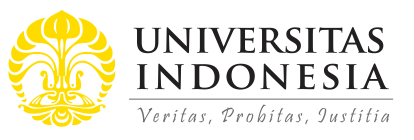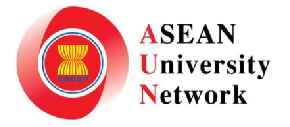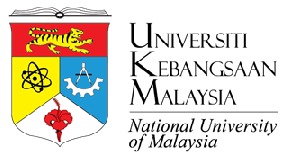
Abstract
With the implementation of extension projects by higher education institutions, particularly by state universities and colleges, it is imperative that they undergo the continuous and relevant phases of monitoring and evaluation. Hence, feedbacks that can be obtained from the project’s beneficiaries are deemed necessary to improve and inform the whole process of conducting any extension activity. Considering the role of feedback mechanisms, this study sought to evaluate the implementation and quality of the Sambalaran Camp Project, which was carried out by the extension office of Bulacan State University – Meneses Campus in Bulacan Province, Philippines in its partner and adopted communities in the town of Bulakan and Guiguinto last 2017 and 2018. Results show that most of the 154 beneficiaries reported a strong level of agreement towards the implementation of the project. They also reported positive ratings, ranging from very good and excellent, in assessing the project’s quality. Open-ended qualitative responses revealed that they were interested in opening small business after gaining new knowledge and skills. T-test analysis revealed that the first batch (2017) of beneficiaries reported higher both level of agreement and positive rating than the second batch (2018), reflecting the latter’s observations concerning the lack of required training materials and allotment of minimal amount of time for a skills training activity.
References
Bulacan State University – University Extension Office. (2017). Research-based Extension Manual of Operation.
Education, C. on H. (2008). Guidelines for the CHED Outstanding Extension Program Award. Retrieved from https://ched.gov.ph/cmo-8-s-2008/.
Jackson, D., & Thomas, J. (2003). What is the role of extension educators in the first decade of the twenty-first century? Journal of Higher Education Outreach and Engagement, 10, 37–44.
Lynton, E. A. (1996). Ensuring the quality of outreach: The critical role of evaluating individual and collective initiatives and performance. Journal of Public Service and Outreach, 1(2), 16–22.
Madaus, F. F., Scriven, M., & Stufflebeam, D. L. (2002). Evaluation Models: Viewpoints on Educational and Human Services Evaluation. In The CIPP Model for Program Evaluation (Vol. 2). Boston: Kluwer Academic Publishers.
McKinnis, D. R., Sloan, M. A., Snow, L. D., & Garimella, S. V. (2014). A university engagement model for achieving technology adoption and performance improvement impacts in healthcare, manufacturing, and government. Journal of Higher Education Outreach and Engagement, 18(1), 187–213.
Mosse, J., & Bottrell, C. (2015). The importance of place in evaluation of STEM partnerships between Universities and Schools in rural, remote and regional Australia. The Australasian Journal of University-Community Engagement, 10(2), 19–43.
Oaks, F., Franklin, N., & Bargerstock, B. A. (2008). Situating Outreach and Engagement in the University: Concepts, Challenges, and Opportunities.
Simmons, V. N., Klasko, L. B., Fleming, K., Koskan, A. M., Jackson, N. T., Noel-Thomas, S., & Gwede, C. K. (2015). Participatory evaluation of a community–academic partnership to inform capacity-building and sustainability. Evaluation and Program Planning, 52, 19–26. https://doi.org/10.1016/j.evalprogplan.2015.03.005.
Stocker, R. (2014). Extension and Higher Education Service- Learning: Toward a Community Development Service-Learning Model. Journal of Higher Education Outreach and Engagement, 18(1), 15–42.
UNESCO. (2015). Institutionalizing community university research partnerships: A user’s manual.
Warner, L. A. (2014). Enhancing the Capacity to Create Behavior Change: Extension Key Leaders’ Opinions about Social Marketing and Evaluation. Journal of Agricultural Education, 55(4), 176–190. https://doi.org/10.5032/jae.2014.04176
Zhang, G., Zeller, N., Griffith, R., Metcalf, D., Williams, J., Shea, C., & Misulis, K. (2011). Using the Context, Input, Process, and Product Evaluation Model (CIPP) as a comprehensive framework to guide the planning, implementation, and assessment of service-learning programs. Journal of Higher Education Outreach and Engagement, 15(4), 57–84.
Recommended Citation
Gabatin, Judith; Divino, Michelle; and Camua, Ma. Daisy
(2019).
Evaluating the implementation and quality of an extension initiative: The case of Sambalaran Camp Project.
ASEAN Journal of Community Engagement, 3(1).
Available at: https://doi.org/10.7454/ajce.v3i1.173







